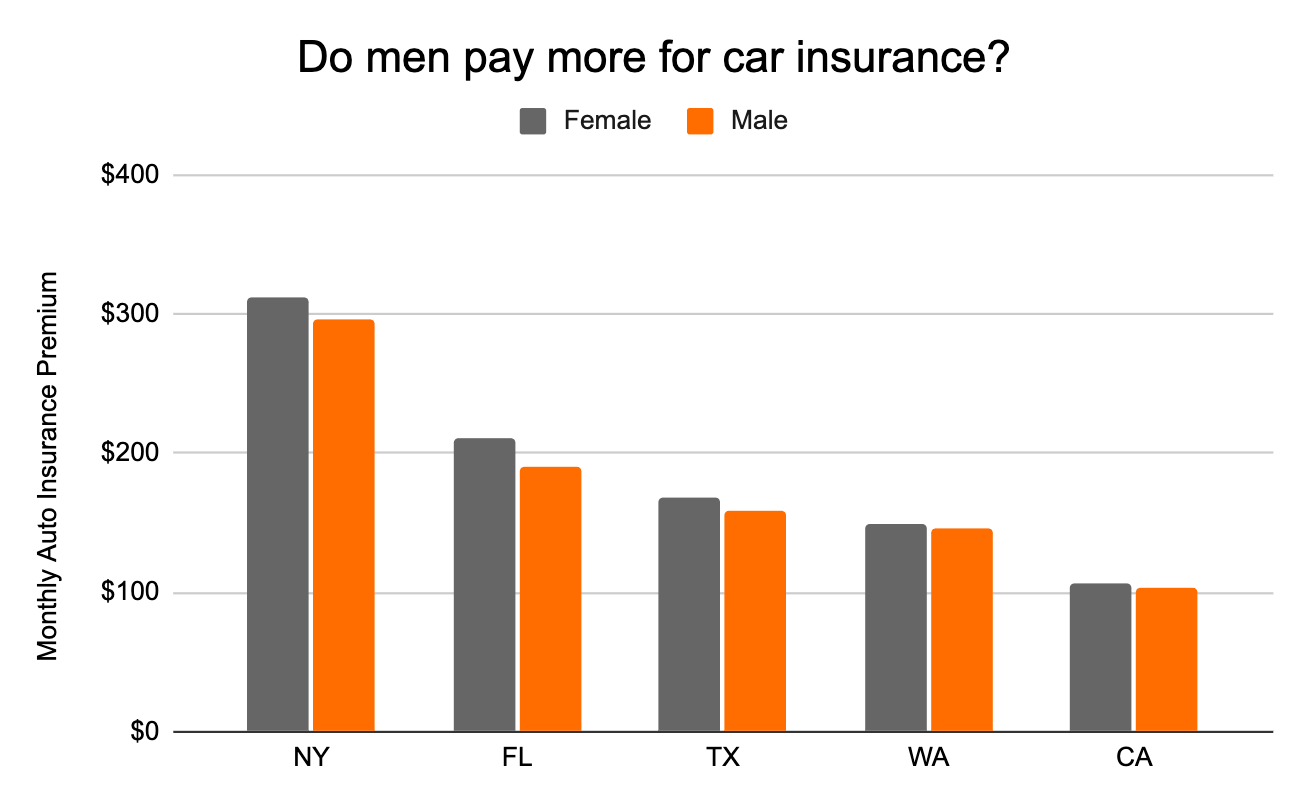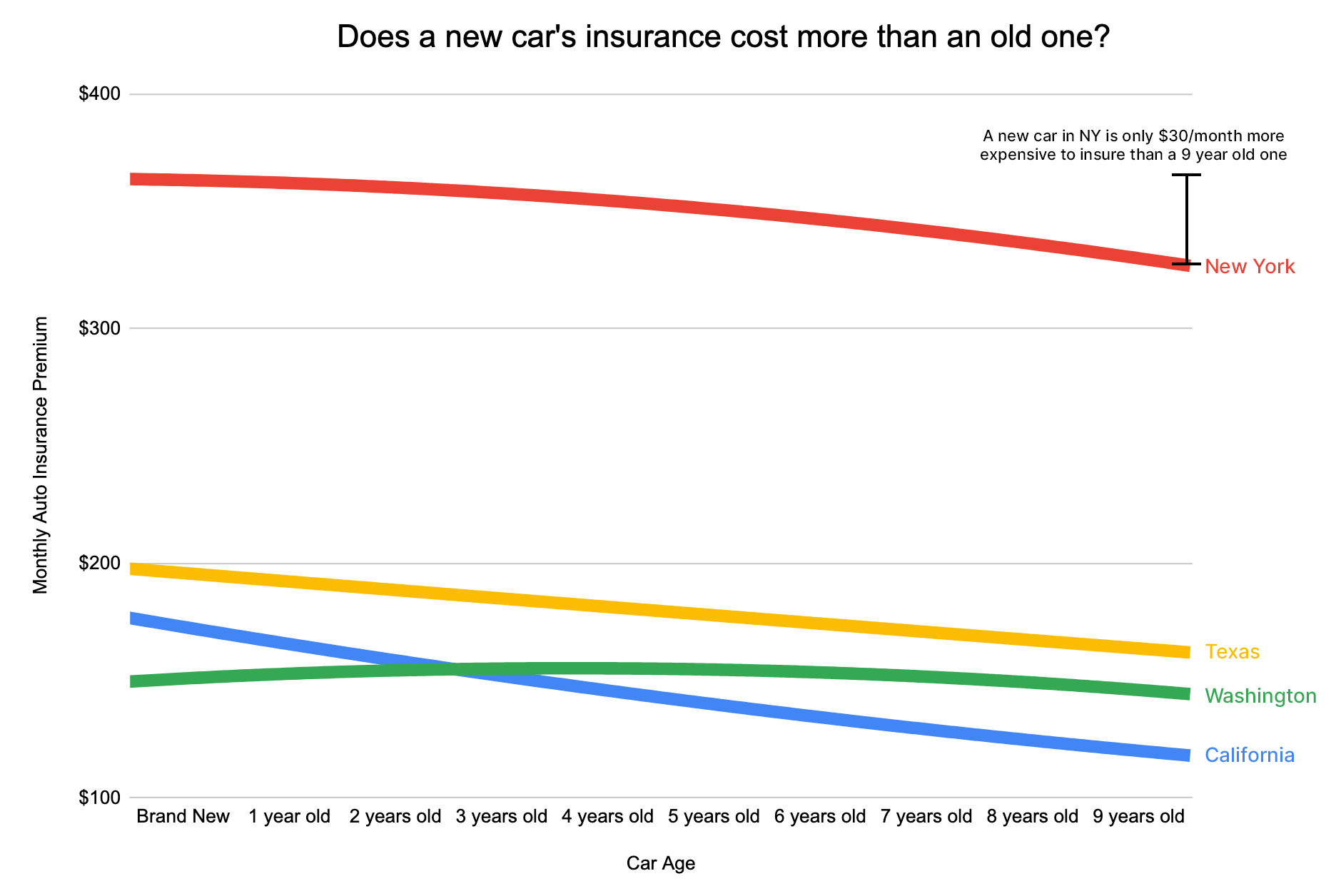How much homeowners insurance do I need?
A few key factors determine how much coverage you need personally. First, the value of your home. The cost to rebuild or repair your home in the event of damage or destruction is the primary driver of how much coverage you need. If you have a mortgage, your lender may require a certain amount of coverage, but you can also determine the replacement cost on your own. Second, your liability protection needs. The personal liability coverage in your homeowners insurance covers legal fees if someone is injured on your property. Consider your assets' value and ensure your insurance is providing adequate protection against lawsuits. Finally, you want to consider the cost of your personal belongings (valuables, furniture, appliances, etc.) and additional living expenses that you'd incur if your home is being repaired or rebuilt, such as hotel or food costs. If that sounds complicated, let us figure it out by optimizing with Coverage Cat!
How do I lower my premiums?
First, make sure you're taking advantage of easy-to-acquire discounts. Bundling multiple insurance policies, reporting safety features like fire extinguishers or storm shutters, or even paying in full can produce easy savings in a new or existing policy. Second, raise your deductible if you can afford it. If you feel comfortable paying for minor repairs out-of-pocket, you can save on premiums and keep your insurance rates low by not filing small claims. Finally, only pay for the coverage you need. Paying for too much insurance could mean anything from overestimating the cost to repair your home (remember, this shouldn't include the value of your land) to paying for endorsements you don't need – like identity theft coverage if you're already covered through a credit card or business policy.
When should I shop for homeowners insurance?
The short answer is anytime your situation changes. Your insurance is determined by the age of your home, its location, the quality of building materials, and other factors that are specific to the home you're living in, so moving or making updates to your existing home should come with a review of new quotes and adjustments from your current carrier. If you're moving to a state or new location with different risks, you might need to consider different types of coverage, and you could be looking at entirely new companies. Additionally, big construction projects like a roof update can lower your costs, or you might need to increase your coverage to account for a higher-end kitchen remodel.
What do I do if my homeowners insurance drops me?
Figure out the reasons for your cancellation or nonrenewal, contact your insurance company, and start shopping around. You might be able to fix certain problems before your policy is officially canceled. Read our guide on what to do when your homeowners insurance decides to drop you to learn more about your rights and options.
How to Understand your Homeowners Insurance Policy
Interested in condo insurance instead? Check out Coverage Cat's in-depth guide to buying condo insurance.
Understanding the different components of your homeowners insurance policy can ensure you have the coverage you need to protect your home and belongings. It can also help you adjust your policy or compare quotes more effectively!
The first thing you’ll need to determine is which type of policy you have or need. When we discuss homeowners insurance, we’re most commonly talking about an HO-2 policy, which refers to a home you own and use as a primary residence (you don’t rent it out). However, if you own a condo, you’ll have a slightly different HO-6 policy that doesn’t include everything below.
Dwelling Insurance (Coverage A): One of the essential parts of your policy, Coverage A, covers damage to the physical structure of your home, such as the walls, roof, and foundation. When calculating how much you need, remember that this should account for how much it would cost to rebuild your home if it’s damaged or destroyed completely.
Other Structures (Coverage B): This coverage pays for repairs or rebuilding any detached structures on your property, such as a gazebo, shed, or fence. Coverage B is almost always calculated automatically as 10% of your Coverage A, so if you need significantly more, you’ll need to adjust your Dwelling Insurance.
Personal Property (Coverage C): This insures items inside your home, such as furniture, electronics, and clothing, and provides you with the cost of replacing your belongings if they’re stolen or damaged.
Loss of Use/Additional living expenses (Coverage D): If you cannot live in your home due to a covered loss, such as a fire, this coverage will help pay for additional living expenses like hotel stays or temporary housing.
Personal Liability (Coverage E): If someone is injured on your property and decides to sue you to pay for medical costs or loss of income, personal liability coverage pays for legal fees and any settlements against you. Often overlooked, it’s essential to make sure you’re adjusting this coverage to help protect your assets in case of a lawsuit.
Deductibles: The amount of money you’ll need to pay out of pocket before your coverage begins.
Endorsements or riders : These are additional options you can add to your policy that will provide extra coverage in certain situations. Some common endorsements include additional coverage for valuable items such as jewelry and artwork.
It is also important to note that some policies might have exclusions, meaning certain natural disasters or circumstances aren’t covered.





